SUMMARY
This is AI generated summarization, which may have errors. For context, always refer to the full article.
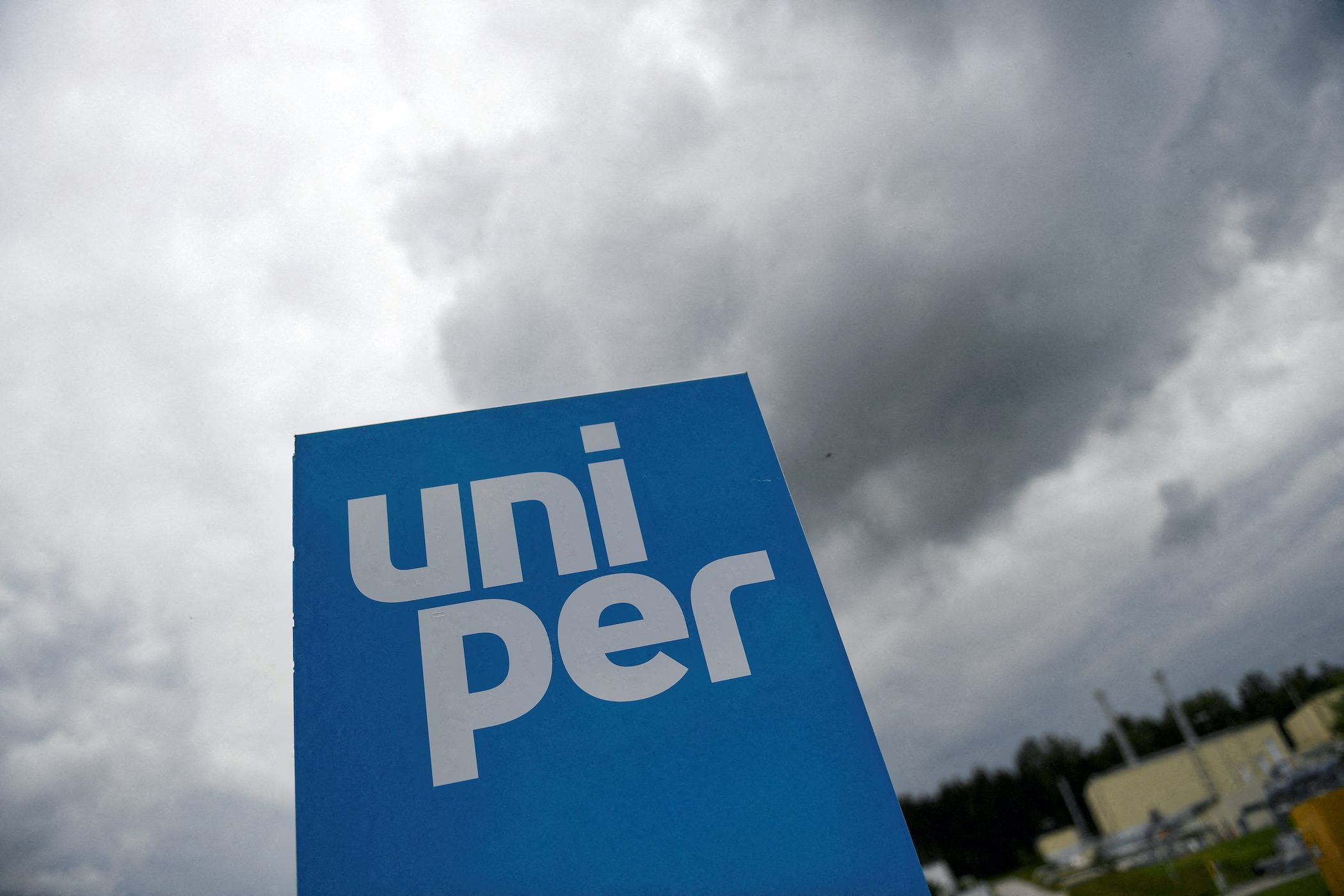
The Kremlin warned on Wednesday, April 26, it could seize more Western assets in retaliation for foreign moves against Russian companies, after taking temporary control of assets belonging to Finland’s Fortum and Germany’s Uniper.
President Vladimir Putin late on Tuesday, April 25, signed a decree establishing temporary control of the Russian assets of the two European state-owned energy firms.
Energy group Fortum said it was “investigating” and Uniper, Fortum’s former subsidiary, said it was “reviewing” the move. The German finance ministry had no immediate comment.
The decree showed Moscow had already taken action against Uniper’s Russian division Unipro and Fortum’s assets. Russia made clear that the move could be reversed.
Moscow has reacted angrily to reports that Group of Seven nations are considering a near-total ban on exports to Russia, while many have called for far tougher sanctions to limit Russia’s ability to fight in Ukraine.
Meanwhile, the European Union is looking at using frozen Russian assets to rebuild Ukraine. Germany nationalized a former division of Russian energy giant Gazprom last year.
“The decree adopted is a response to the aggressive actions of unfriendly countries,” Kremlin spokesman Dmitry Peskov said. “This initiative mirrors the attitude of Western governments towards foreign assets of Russian companies.”
Putin’s decree “does not deal with property issues and does not deprive the owners of their assets. Because external management is temporary and only means that the original owner no longer has the right to make management decisions,” Peskov continued.
“The main purpose of the decree is to form a compensation fund for the possible application of reciprocal measures in response to the illegal expropriation of Russian assets abroad.”
Lack of clarity
Uniper owns 83.73% of Unipro, which operates five power plants with a total capacity of over 11 gigawatts in Russia and about 4,300 employees.
Fortum is majority-owned by Finland, which joined the NATO military alliance early this month. Moscow said Finland had made a dangerous mistake.
The Finnish foreign ministry would not immediately comment on how Russia’s decision would reflect on relations between the two countries.
“Fortum’s current understanding is that the new decree does not affect the title (registered ownership) of the assets and companies in Russia,” the company said in a statement.
“However, it remains unclear how this affects e.g. Fortum’s Russian operations or the ongoing divestment process,” it added.
Fortum’s Russia division has seven thermal power plants in the Ural region and Western Siberia, while it also holds a portfolio of wind and solar plants in Russia, together with local venture partners. The book value of those assets stood at 1.7 billion euros ($1.87 billion) at the end of 2022.
Both companies have been trying to exit Russia. In February, Uniper valued its Unipro stake at a symbolic 1 euro to reflect the likelihood that a deal would not take place.
The decree said Russia needed to take urgent measures to respond to unspecified actions from the United States and others it said were “unfriendly and contrary to international law.” The two entities’ shares were placed in the temporary control of Rosimushchestvo, the federal government property agency.
State-owned Russian bank VTB this week said Russia should consider taking over and managing the assets of foreign companies such as Fortum, only returning them when sanctions were lifted. Fortum had previously flagged expropriation risk.
Asset sales by investors from “unfriendly” countries – as Moscow terms those that imposed sanctions against Russia – require approval from a government commission and, in some cases, the president.
Moscow’s move creates a new headache for companies still trying to extricate themselves from Russia. Companies with stakes in key energy projects and banks already face more stringent exit pathways.
Wintershall Dea, which still holds stakes in a number of Russian joint ventures with Gazprom, called Moscow’s policies “unpredictable” and “unreliable.” – Rappler.com
$1 = 0.9094 euros
Add a comment
How does this make you feel?
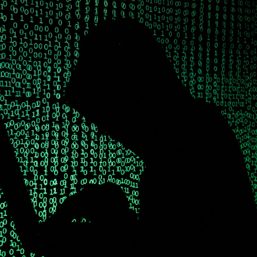
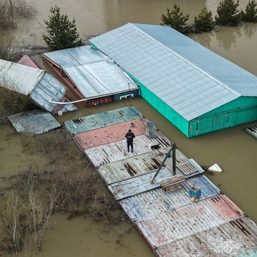

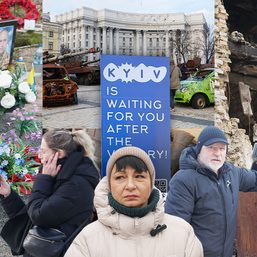
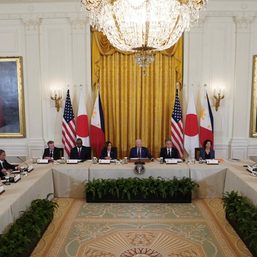
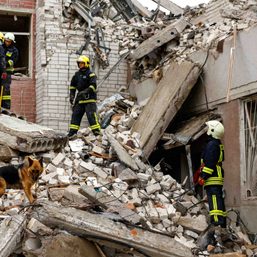
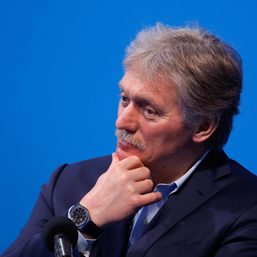
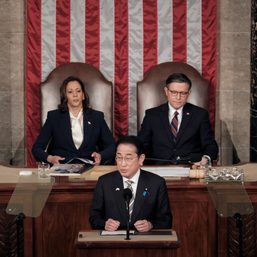
There are no comments yet. Add your comment to start the conversation.